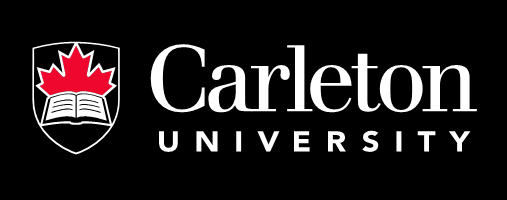
Symposium: “What’s New about New Media? The Technology of Protest Past and Present”
Department of History
Carleton University, Ottawa Canada
May 15 and 16th 2014.
From the G8 demonstrations to the Occupy Movements, Idle No More, and revolutions in the Middle East, the last few years have witnessed a phenomenal upswing in the use of social media in popular protest. Social technology has played an important role in mobilizing grassroots opposition and, according to some scholars and pundits, it has served to politicize a broader base, bringing about greater participation in and new forms of civic action. Activists use platforms like Flickr, Facebook, Instagram, and Twitter to raise consciousness around lightning-rod issues. New technologies aid in the organization of demonstrations. They help mobilize emotions, map out logistics, and after all is said and done, they catalogue and document opposition success and further challenges. Social media’s democratizing potential is not without its detractors, however, and alongside concerns for the protection of privacy and surveillance, skeptics question whether networked publics really can serve as meaningful spaces of protest and opposition.
In lending shape to everyday opposition, cataloguing images of excess and exuberance, and circulating them in networked publics, there can be no doubt Web 2.0 is writing a history of the present. Yet aside from the thorny issue of impact, it is worth asking how new is new media in the way it shapes protest and opposition? This two-day symposium takes a longue durée approach to this question. It aims to bring together early modern
historians with modernists and media/communications scholars to interrogate what is in fact new, different, and unique about how “old” and “new” media have structured, popularized, given voice to, and helped mobilize protest and opposition across time and space.
We will discuss pre-circulated papers of 15 pages in length. Each paper should demonstrate a conceptual engagement with the interplay of time and place-specific media and their relation to public sentiment and opposition. We will also have two keynote addresses, one from a communications scholar, the other from an historian.
Themes may include:
- vernacular forms of protest across time and media
- protest and public engagement, diverse publics, counterpublics
- protest and affect
- protest as performance, the staging of opposition, counter protest and
- solidarity
- visualizing or mapping violence, resistance, and identity
- media, self, and subjectivity – forging activist or oppositional selves
- networks of opposition and collusion
- rethinking the local, the regional, and the global
- mediatized protest: archive, database, scrapbook
- media, protest, and public/social memory
Please forward a short CV and a 1-2 page paper abstract to the following address by January 15th, 2014.
Dr. Jennifer Evans
Associate Professor and Graduate Chair
Department of History
1125 Colonel By Drive
Ottawa, ON
K1S 4P6
Email: newmediaconference@carleton.ca
WWW: http://hate2point0.com/new-media-cfp
*********
Teaching German Film and Television: Challenges and Possibilities
AATG/ACTFL, Nov. 21-23, 2014, San Antonio, Texas
Films and television programs have become an integral part of the teaching of German language, literature, and culture. Several new publications on German film geared specifically to the foreign-language classroom have appeared in recent years, and the wide availability of German audiovisual materials on DVDs, YouTube, and the Internet has made the teaching of film and television easier than ever. But the seductive simplicity of the audiovisual medium also distracts from significant methodological challenges of using film and television in language and literature/culture classes and obscures problematic assumptions about the relationship between audiovisual media and social reality and national identity. This session invites presentations that address these problems in relation to questions of didactics, methodology, and course and curriculum development and that
offer solutions through best practices in individual courses and lesson plans.
This panel is sponsored by the German Studies Association. Please send an abstract (250 words) plus short bio blurb to session chair Sabine Hake at Hake@austin.utexas.edu by January 6, 2014.

